Project LEO
One of the most ambitious, wide-ranging, and innovative trials to accelerate the UK’s transition to a zero carbon energy system.
Project LEO was a four year project that ended in March 2023. This collaborative project conducted multiple trials in Oxfordshire, issued numerous reports and gained vital insight into how a smart and flexible energy system of the future could look. The project also studied the infrastructure, markets and regulations that should be put in place to make this flexibility commercially and technically viable.
The project:
- Tested new market and flexibility models – exploring new products and services to create new opportunities to benefit from the way we generate, store and use energy in our homes, organisations and communities.
- Advanced the capabilities of networks to manage smart, renewable and storage technologies – learning what needs to happen to our electricity networks to make them ready for a change to a local energy system.
- Facilitated local participation in the energy system – ensuring that individuals, households and organisations are part of the energy transition.
Through these trials, we gained a better understanding of how a smart, locally balanced energy system could bring social, economic, and environmental benefits for all. Find out more: visit the Project LEO website.
Read more about Project LEO and the Low Carbon Hub in this blog post.
Watch these two short videos reflecting on our work in Project LEO.
Case studies
Below are just some of our Project LEO case studies. To see more, visit this page.
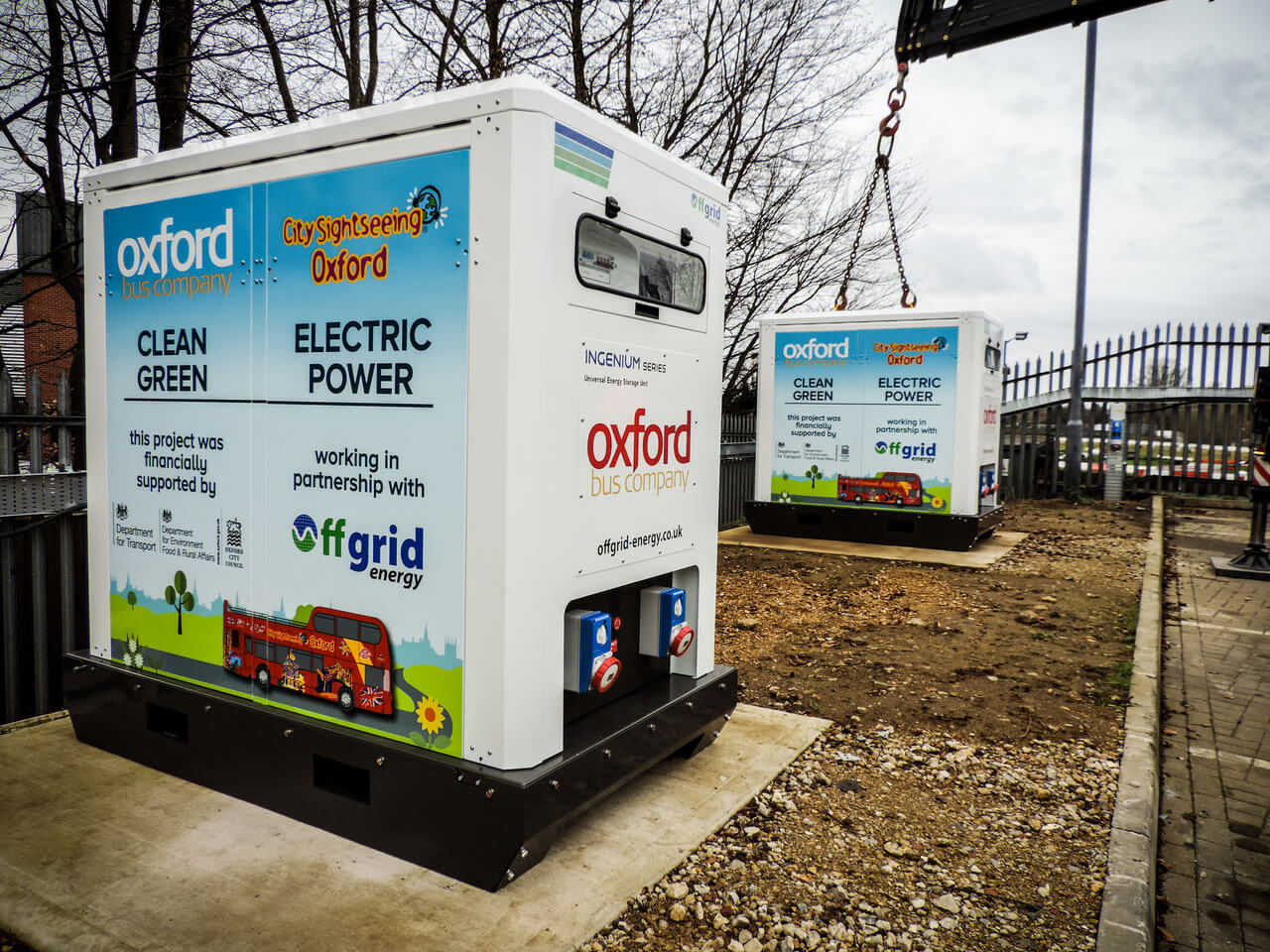
Oxford Bus Company Cowley Depot
How can batteries and energy storage operate in a flexible system? The batteries at Oxford Bus Company’s Cowley Depot were utilised in trials to better understand how energy storage can benefit, and operate within, a local flexibility market. Background The Oxford Bus Company (OBC) operates a fleet of 160 buses and coaches with the lowest…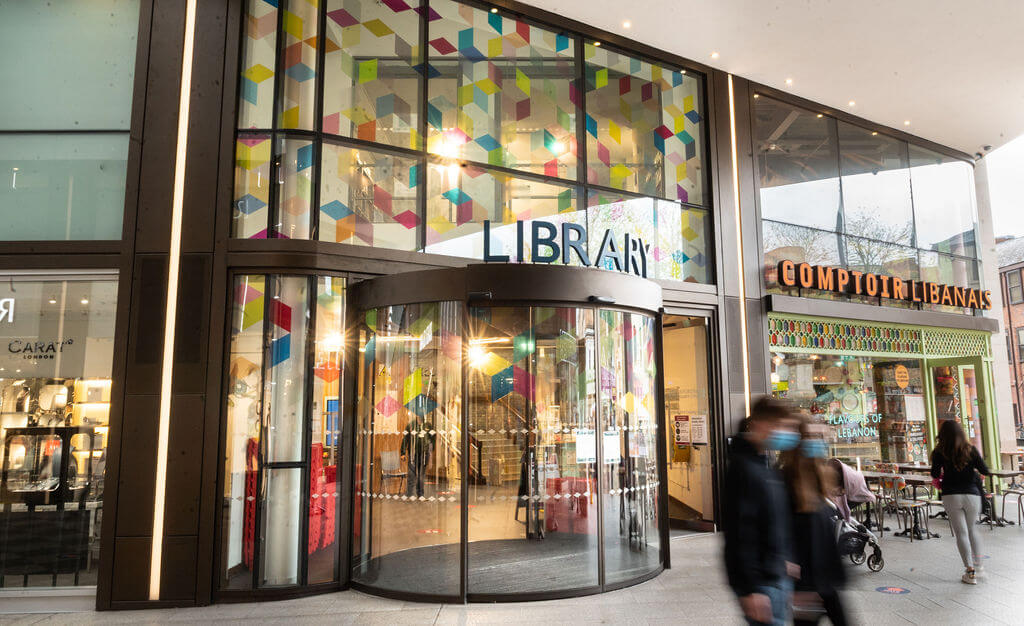
Oxfordshire County Library – a potential battery
This trial aims to learn if it’s possible to use buildings as batteries to provide flexibility to the electricity network. Background Project LEO is investigating how buildings can be used as batteries to provide flexibility in a low carbon future. LEO partners, Oxfordshire County Council and the University of Oxford, are working together to test…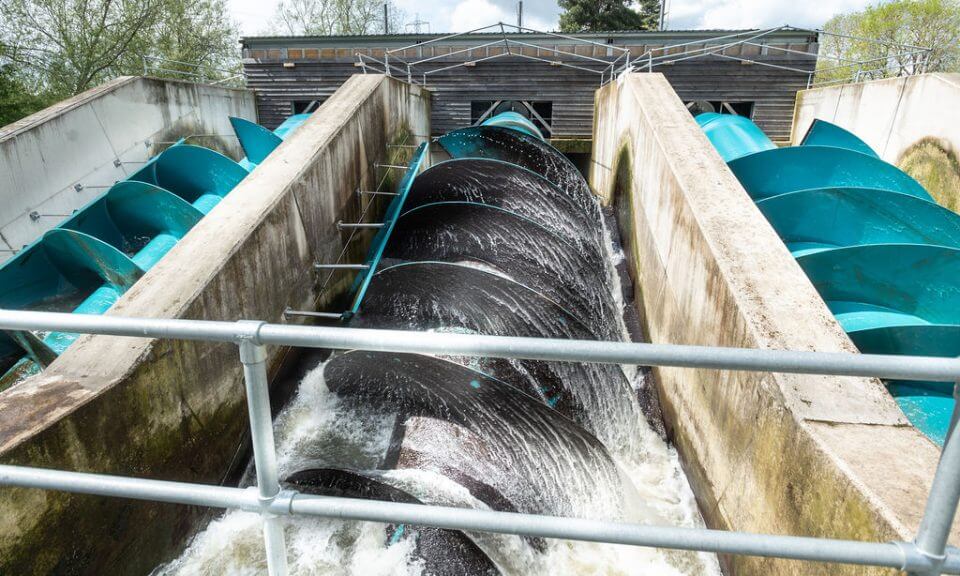
Sandford Hydro trials
How can we store electricity generated by the hydro? This trial is looking to see if we can use the river as energy storage and provide flexibility to the energy network. Background Sandford Hydro is a hydroelectric power plant on the River Thames near the village of Sandford, just south of Oxford. In 2016 Low…
Reports
Below are some of our Project LEO reports. To see more visit this page.
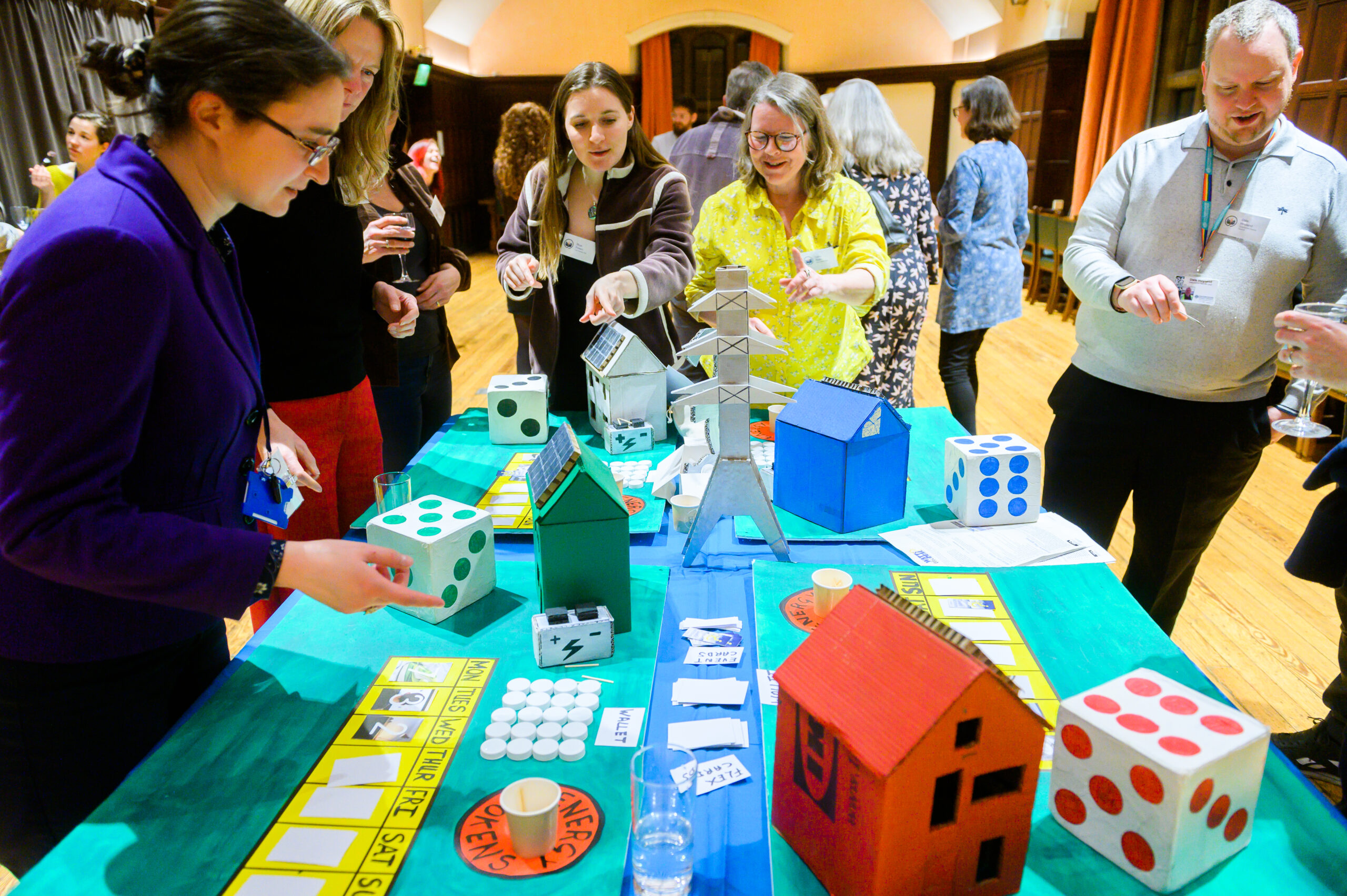
Engagement and Inclusion Report
This ‘Engagement and Inclusion’ report recaps our key learnings from Project LEO, distilling them into an easy-to-follow Playbook of ‘how to’ guides to be used for further engagement for LEO-N as well as further afield. Project LEO (Local Energy Oxfordshire) was one of the UK’s most ambitious, wide-ranging and innovative energy trials, seeking to accelerate…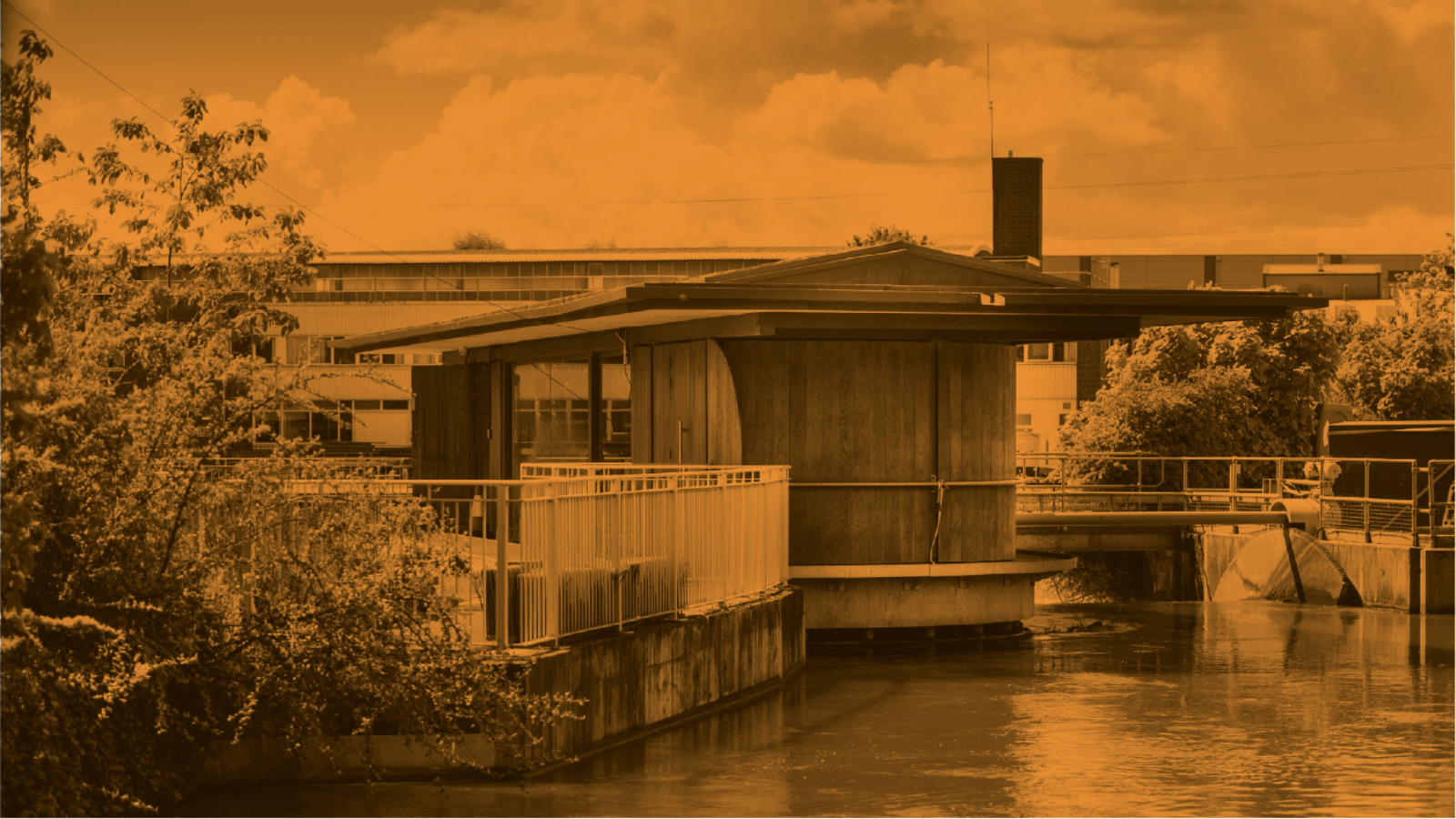
People’s Power Station 2.0: Developing a digital environment that creates value through Smart Community Energy Systems
This report documents the ongoing development of the People’s Power Station 2.0(PPS2.0), a highly innovative digital environment that acts as an enabler for bothcreating and capturing value through a focus on Smart Community EnergySystems (SCES). The approach taken is based on the premise that greater overall value can becreated and distributed equitably when individuals, local…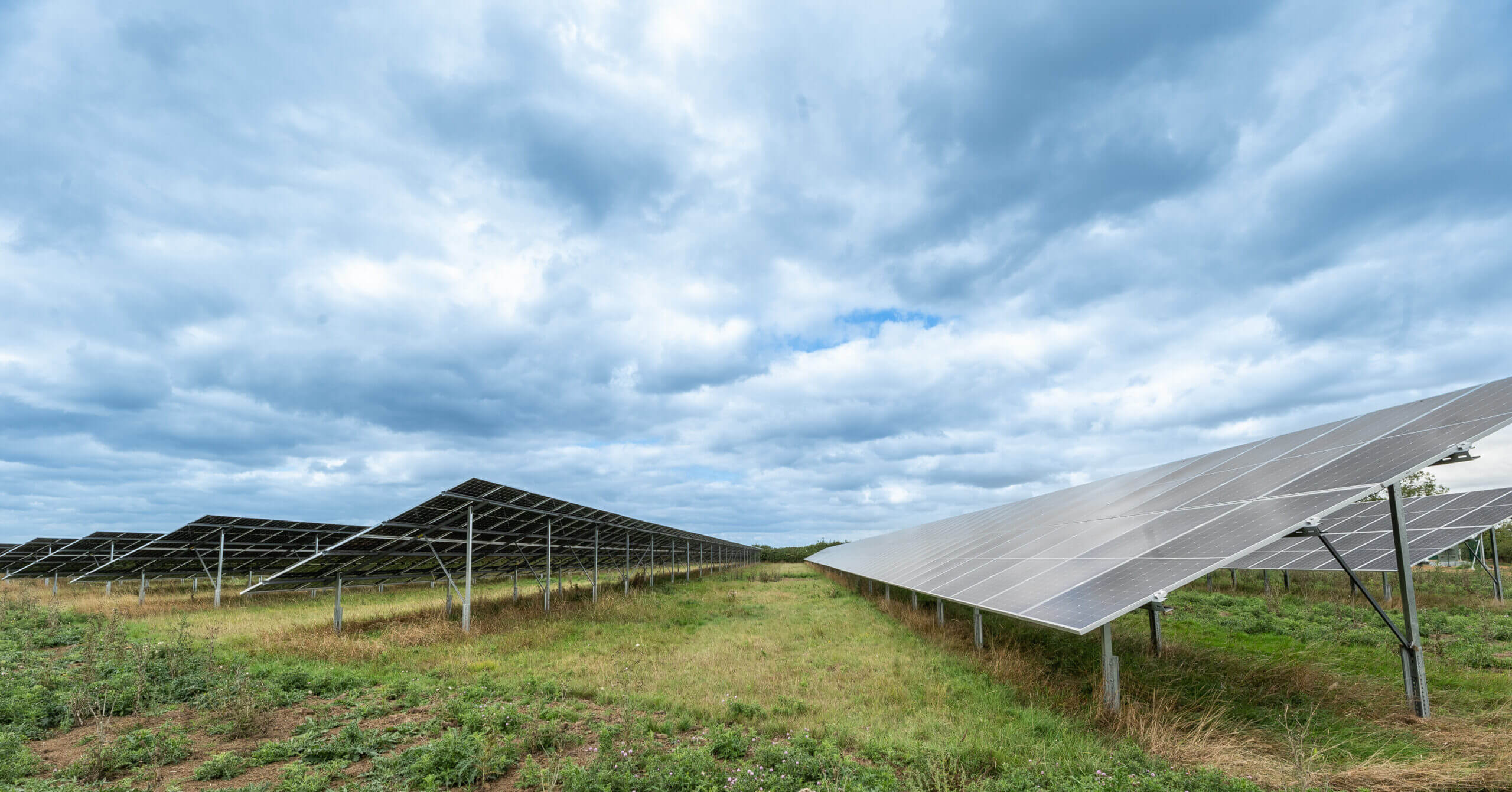
Designing Smart and Fair Neighbourhood Trials Ethically
At its heart, Project LEO has been as much about social innovation and equity as technical learning, particularly in relation to our Smart and Fair Neighbourhoods (SFN). So it was vital that participants in these trials and the communities involved were managed and treated respectfully and ethically. This companion piece to our Learning from the…
News
Below are some blog articles related to Project LEO. To see more visit this page.
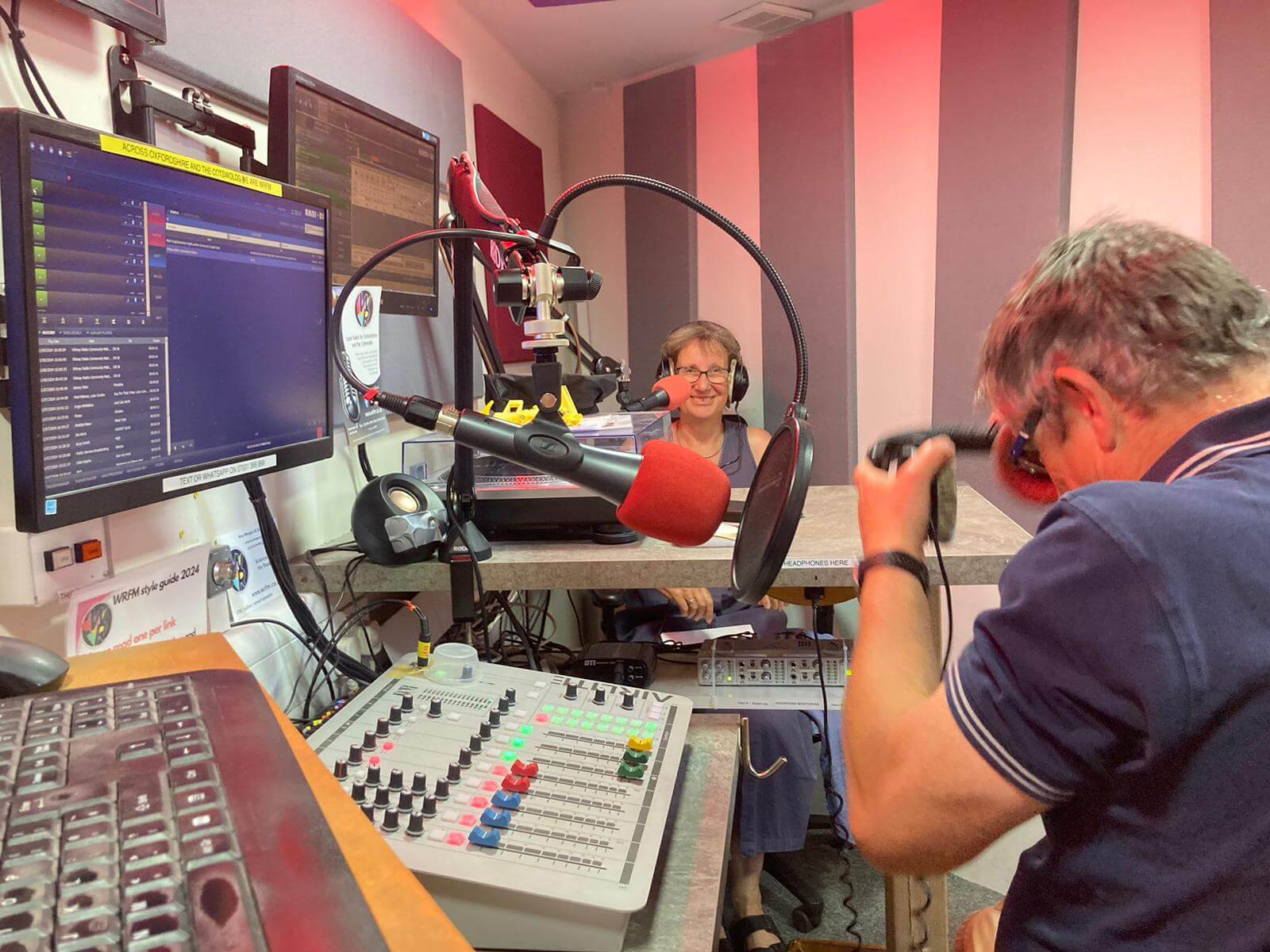
CAPZero on the radio!
Mim Saxl, Net Zero Communities Manager at Low Carbon Hub and Sarah Couch of Eynsham community group GreenTEA recently joined Witney Radio’s Grant Grindley to talk about our Community Action Plan for Zero-Carbon Energy (CAPZero). You can hear the half hour interview, and learn all about our ground-breaking project on WRFM’s website here.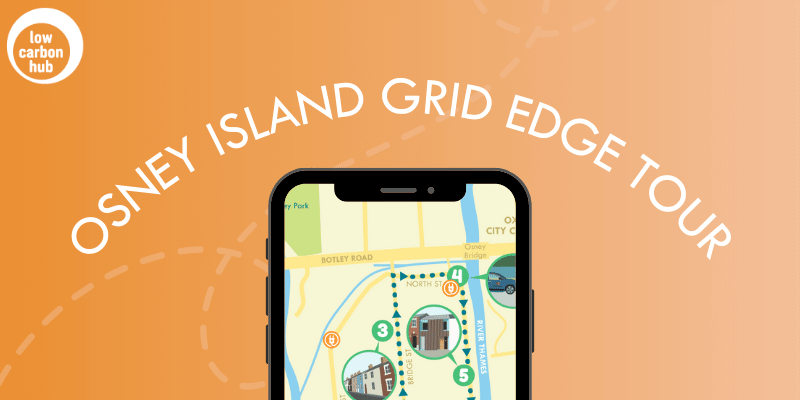
Launching the Osney Island Grid Edge Tour
Welcome to Osney Island, the heart of Oxford and a community of a few hundred households ready to showcase their journey toward a sustainable net zero future. Embark on a virtual tour with us as we delve into the intricacies of the ‘grid edge’ – the point where electricity from the wider network connects to…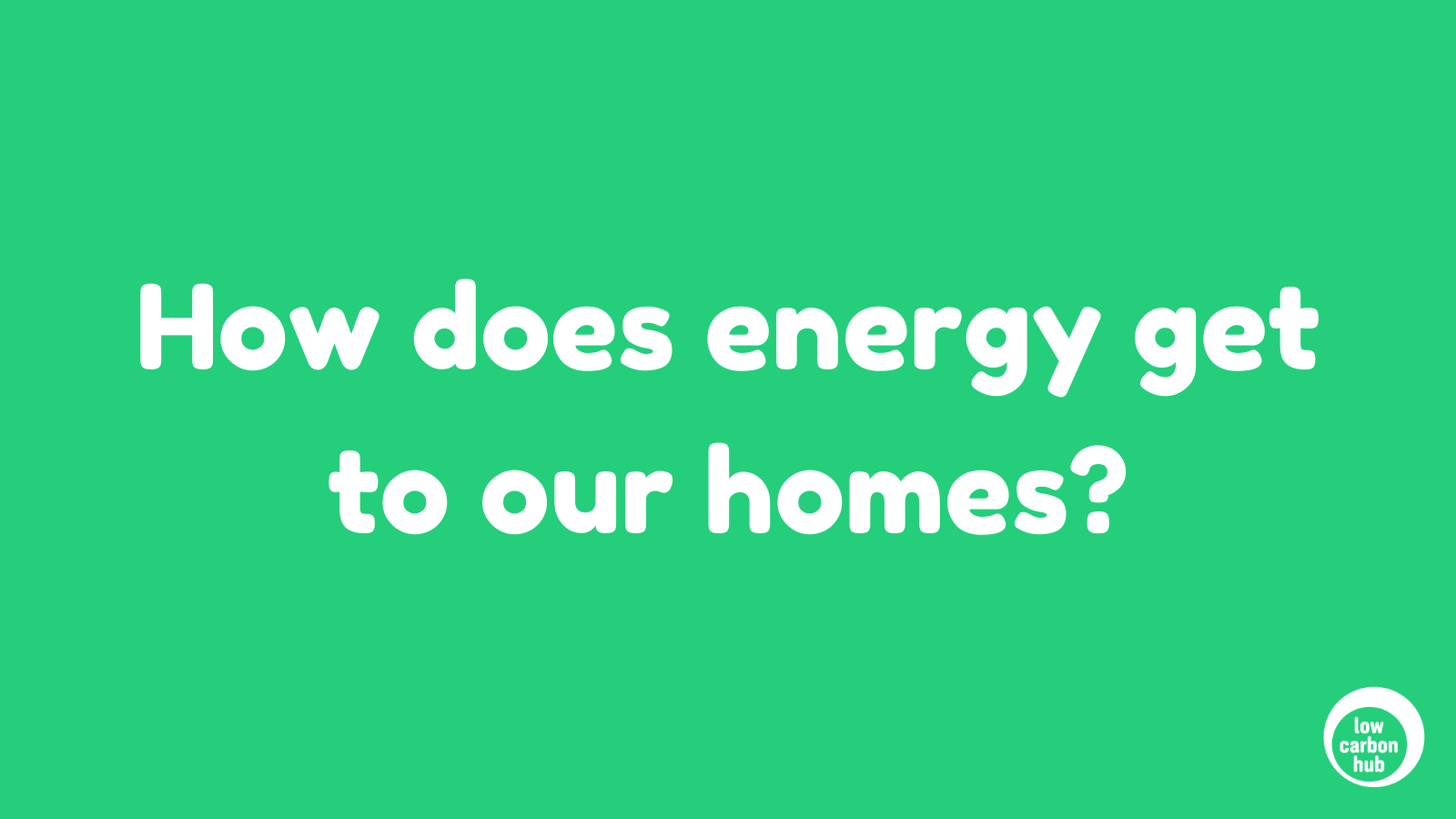
How does energy get to our homes?
In our everyday lives, we rely on energy, yet we often have limited knowledge of how it enters our homes, powers our appliances, and how we pay for it. So how does energy get to our homes? Think of it as a giant water supply system: Power plants are like water treatment plants that generate…
The team:
Project LEO was a collaboration between:
- Scottish & Southern Electricity Networks
- Low Carbon Hub
- University of Oxford
- Oxford Brookes University
- Piclo
- Oxfordshire County Council
- Nuvve
- Oxford City Council
- Origami
It was funded by:
- Industrial Strategy


